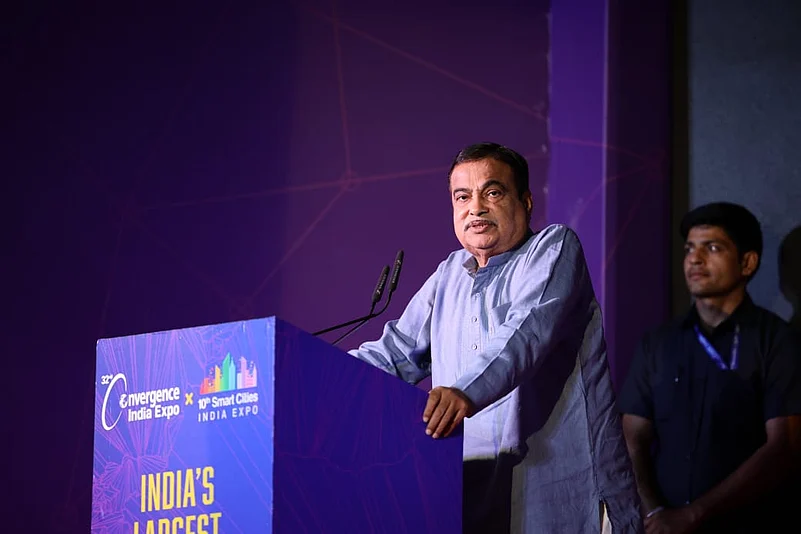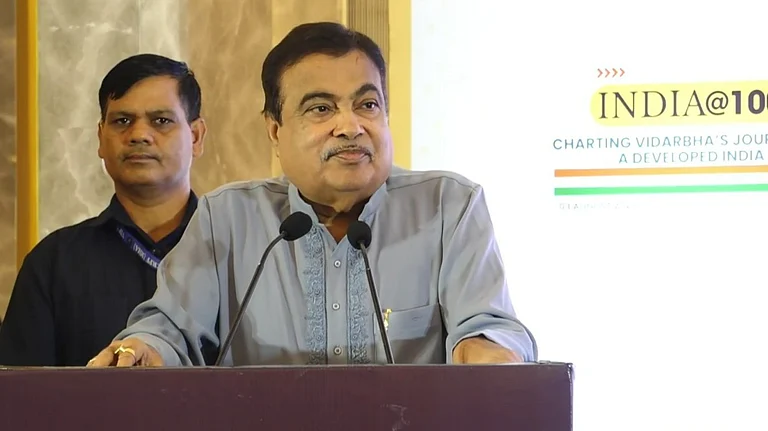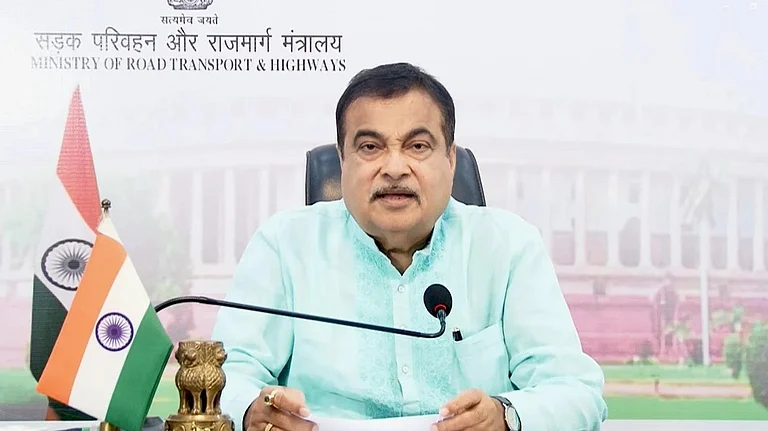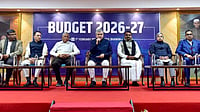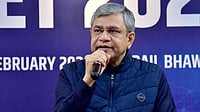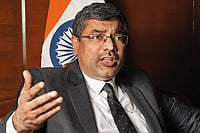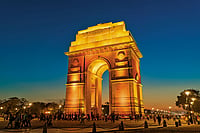Over 400 manufacturers in smaller cities are producing electric vehicles which indicates that the country’s startup ecosystem is thriving, said Union Transport Minister Nitin Gadkari on Wednesday while recognising the contribution of startups in accelerating India’s push for electric transportation.
“This momentum presents significant opportunities for both domestic growth and export,” he said at the Convergence India Expo in New Delhi.
He said electric mobility in India has a sustainable future as 42% of the country’s power is now being generated from renewable resources like solar, wind and low-impact biomass.
“We now have flex-fuel vehicles and numerous two-wheelers running on 100% ethanol. We produce ethanol from sugarcane juice, molasses, corn, food grains, and even biomass like rice straw. Indian Oil has initiated a significant project in Pali producing one lakh liters of ethanol daily from rice straw, effectively addressing pollution caused by stubble burning”, added Gadkari.
He said, “Currently, there are 280 lakh tons of rice straw (known as "parali") being burned, contributing significantly to pollution. To combat this, over 400 projects have been initiated to convert rice straw into bio-CNG, with 60 projects already operational.”
As per the data of REN21, renewables accounted for 3.9% of total transport energy consumption in 2021, with the bulk of this being biofuels (3.5%) and the rest renewable electricity (0.4%). The use of renewables also increased in transport to 3% globally.
Gadkari is known for his strong advocacy for green fuel transportation and has also made headlines for using ‘hydrogen- powered car’ himself.
He said that dependency on fossil fuels is a major issue that India is facing at present, carrying significant economic costs for the country.
"As the Government of India moves forward with a focus on ethics, economy, ecology, and the environment, I believe that for a future-ready approach, the most important aspects for smart cities are import substitution, cost-effectiveness, pollution-free solutions, and indigenous innovation,’’ he added.






